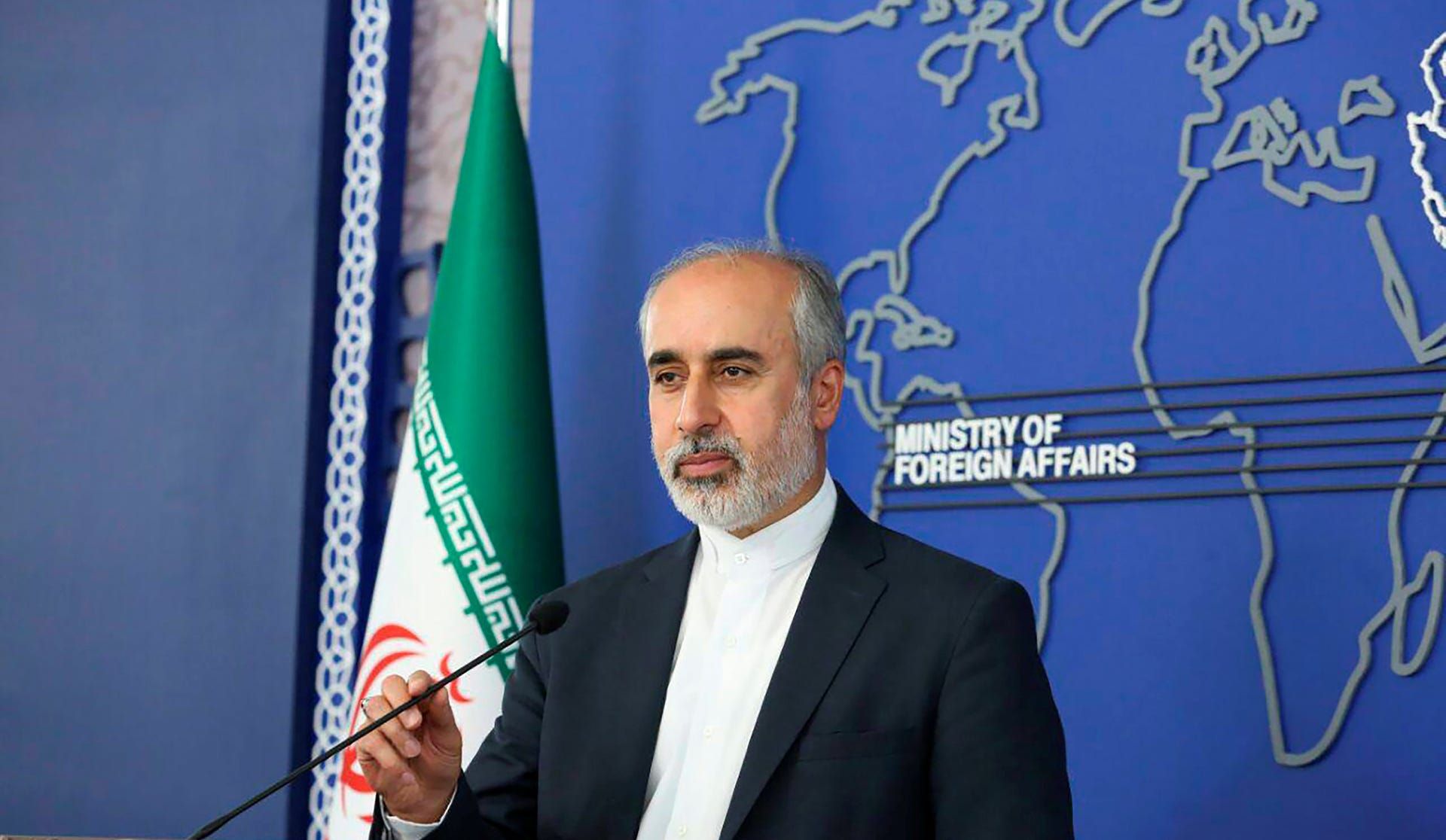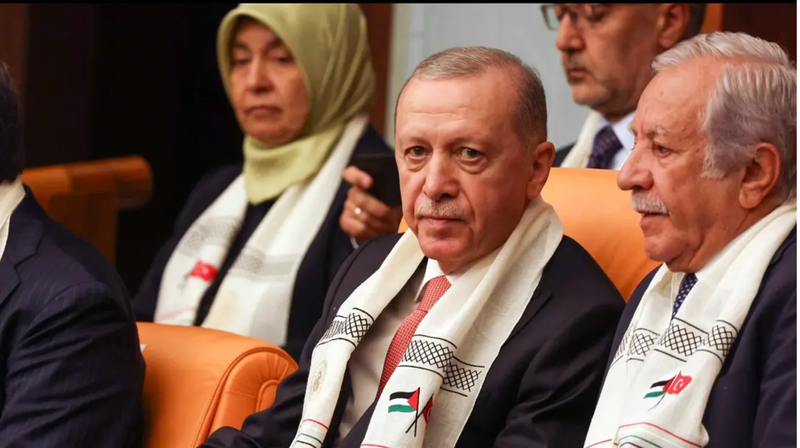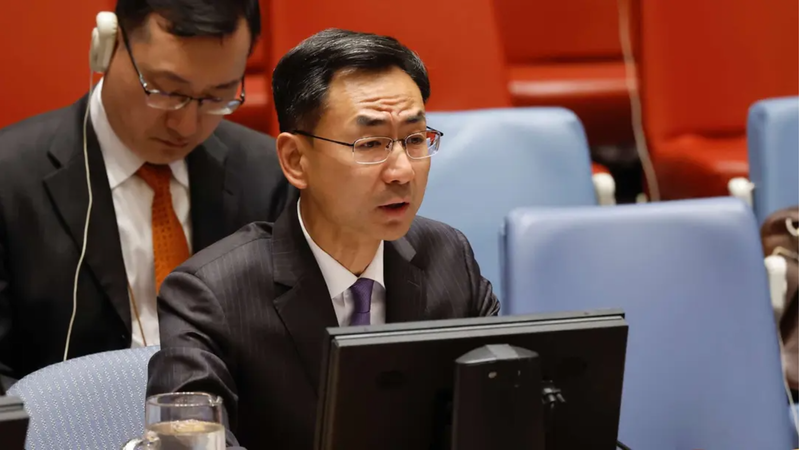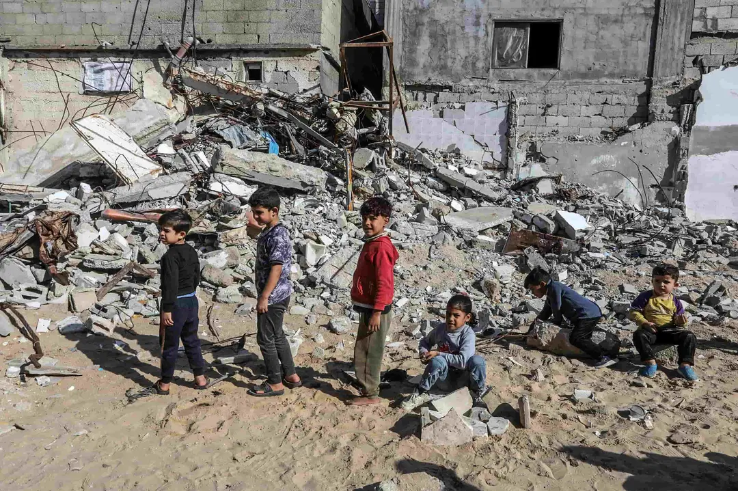Iran Blacklists More EU, UK Officials
Iran's foreign ministry on Monday announced sanctions on nine entities and 23 individuals from the European Union and the United Kingdom — including media organizations and a military base, as well as current and former politicians.

Facts
- Iran's foreign ministry on Monday announced sanctions on nine entities and 23 individuals from the European Union and the United Kingdom — including media organizations and a military base, as well as current and former politicians.
- The sanctions were announced by foreign ministry spokesperson Nasser Kanaani at his weekly press conference, where he blamed the EU and the UK for "interfering in the domestic affairs of the Islamic Republic." The sanctions will come into effect immediately.
- Kanaani also claimed that the newly sanctioned entities and individuals were allegedly involved in the: "deliberate support of terrorism and terrorist groups." Those being sanctioned include the Royal Air Force's base Menwith Hill, the Tony Blair Institute for Global Change and the UK Immigration Secretary Robert Jenrick. Sanctioned media organizations included the US-funded Radio Farda, the Amsterdam-based Radio Zamaneh, and French satirical magazine Charlie Hebdo.
- Elsewhere, on the same day, the EU's foreign policy chief Josep Borrell announced that a new sanctions package against Iran is being prepared in response to its alleged support of Russia in the Ukraine war.
- Britain's foreign minister, James Cleverly, also stated on Monday that Britain would continue to "respond when Iran's actions are unacceptable."
- Iran has continued to deny delivering drones to Russia since the start of the war, and has said that it has no plans to do so. Iran has also executed two protesters in the last month, a factor highlighted by Borrell in his announcement of further sanctions.
Sources: Al Jazeera, Times of Israel, Presstv, Al Mayadeen, Yahoo, and Saudi Gazette.
Narratives
- Pro-Iran narrative, as provided by IRNA. The sanctions pushed by Britain and European states are part of a hostile political campaign to undermine the Islamic Republic. It would be better for these countries to give up sowing seeds of malcontent in states such as Iran, and instead listen to the demands of their own people, such as the desire for an end to discrimination against Muslims in the West.
- Anti-Iran narrative, as provided by WSJ. The Islamic Republic's leaders are increasingly uncertain, fearful and incoherent, as protests within the state enter their third month. Iran is a diverse country, and its people desperately want the extinction of the Islamist regime — something which is becoming evermore likely.






